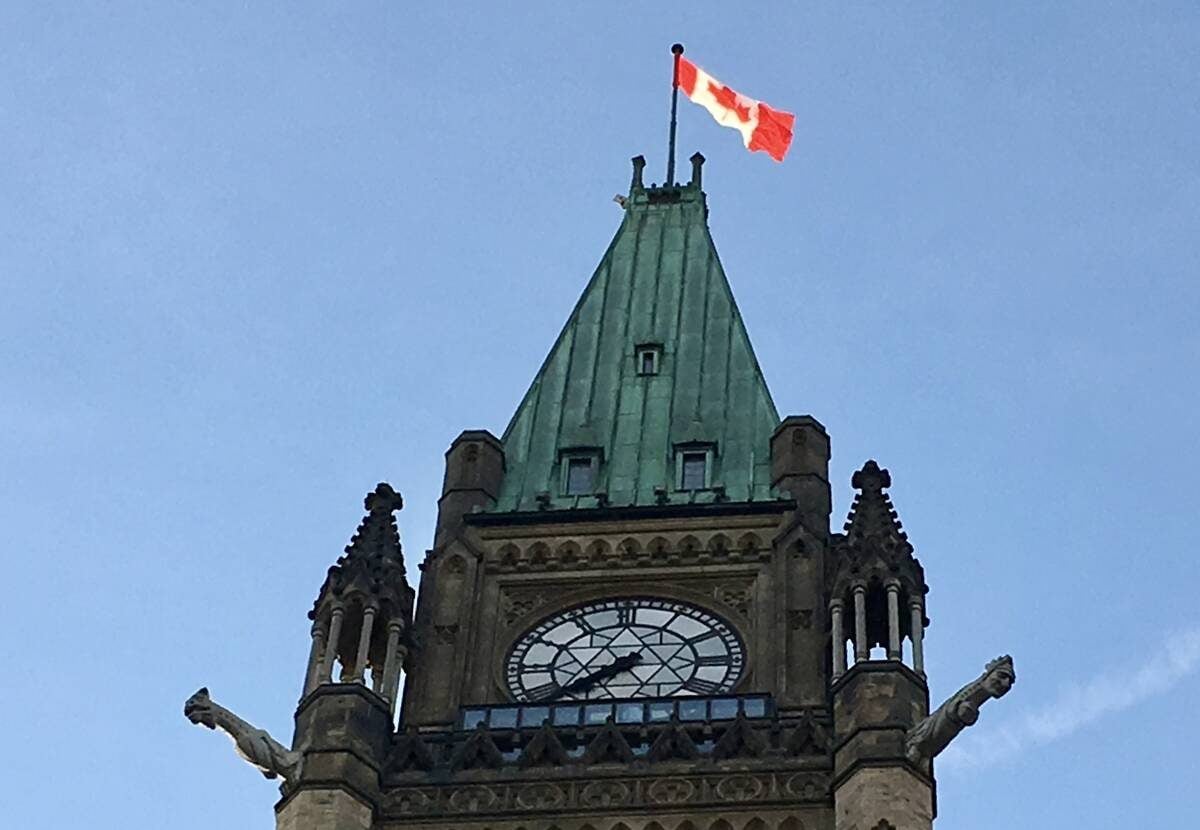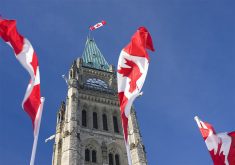If there’s one line that emerged in Montreal this week on NAFTA, it’s this: progress is being made, but there’s still quite a ways to go.
The sixth round of North American Free Trade Agreement renegotiation wrapped up in Montreal Jan. 29 — nine days after trade officials first descended on the city.
Despite “significant” differences in a number of areas, ministers from Canada, Mexico and the United States have elected to keep talking to each other — at least for two more rounds.
“This round was a step forward, but we are progressing very slowly,” U.S. Trade Representative Robert Lighthizer said Jan. 29, before insisting it was still not fast enough.
Read Also

House ag committee to undertake several studies
The House of Commons standing agriculture committee has set its agenda for the coming months. Members began the fall sitting with a two-hour update on international trade
“We owe it to our citizens who are operating in a state of uncertainty to move much faster.”
Related Stories:
- Japan key in new TPP deal
- Supply management accused of refusing to make changes
- U.S. could be big loser if NAFTA dies
- WP Editorial: Dairy concerns legitimate but TPP still a no-brainer
- Opinion: Dairy progress off table if NAFTA fails
Canada, American and Mexican trade officials have been under a grueling negotiating schedule since the renegotiation began in August — yeoman efforts that Canadian Foreign Affairs Minister Chrystia Freeland acknowledged.
“To the teams from all three countries: we are grateful for your continuing hard work, which is — I’m pleased to say — bearing fruit,” she said.
Those successes, she added, extend into the phytosanitary and sanitary chapter, which deals with issues such as animal and plant health regulations.
Farm groups observing the
NAFTA talks in Montreal said they’ve been pushing for an SPS chapter that resembles the text included in the Trans-Pacific Partnership agreement. Among other things, the updated SPS chapter would improve transparency and a faster notification process.
Mexican Economy Minister Ildefonso Guajardo said he expected the SPS chapter to conclude during the seventh round of talks, which is planned for late February in Mexico City.
Progress has also been made in digital trade, technical barriers to trade, customs and trade facilitation, and telecommunications.
Officials also closed a chapter on anti-corruption this round — the first of its kind in NAFTA.
The tepid progress achieved during the latest round of trade talks does not mean that the future of NAFTA is no longer in jeopardy.
Canadian efforts to overcome an impasse on rules of origin for automobiles by adjusting the way North American content in autos is calculated were heavily criticized by Lighthizer.
“We find that the automobiles rule of origin idea that was presented may actually lead to less regional content than we have now,” Lighthizer said.
“This is the opposite of what we were trying to achieve.”
Discussion on that issue, which Freeland called a “core element,” is expected to continue in the next round.
As for agriculture, an American demand that could allow seasonal tariffs to be placed on certain fruit and vegetables remains on the table, despite a formal written demand from U.S. industry that it be pulled.
Canada imports $4.4 billion in horticultural products from the U.S., while $2.7 billion of Canadian product is exported to the United States, according to figures from the Canadian Horticulture Council.
Mexico is vehemently opposed to the American demand, while Canada’s chief NAFTA negotiator, Steve Verheul, said in this round that Canada is “very strongly opposed” to the idea.
Canadian negotiators also continue to push back against American demands on supply management.
However, U.S. officials did not make any mention of recent Canadian supply management market access concessions agreed upon under the Comprehensive and Progressive Trans Pacific Partnership agreement.
So what does all this mean?
The short answer: more uncertainty.
There is currently no commitment to extend the negations beyond the current March deadline.
Meanwhile, tensions between Canada and the U.S. remain, with both ministers using their closing statements to criticize each others trading tactics.
Kelsey Johnson is a reporter with iPolitics, www.ipolitics.ca.
















